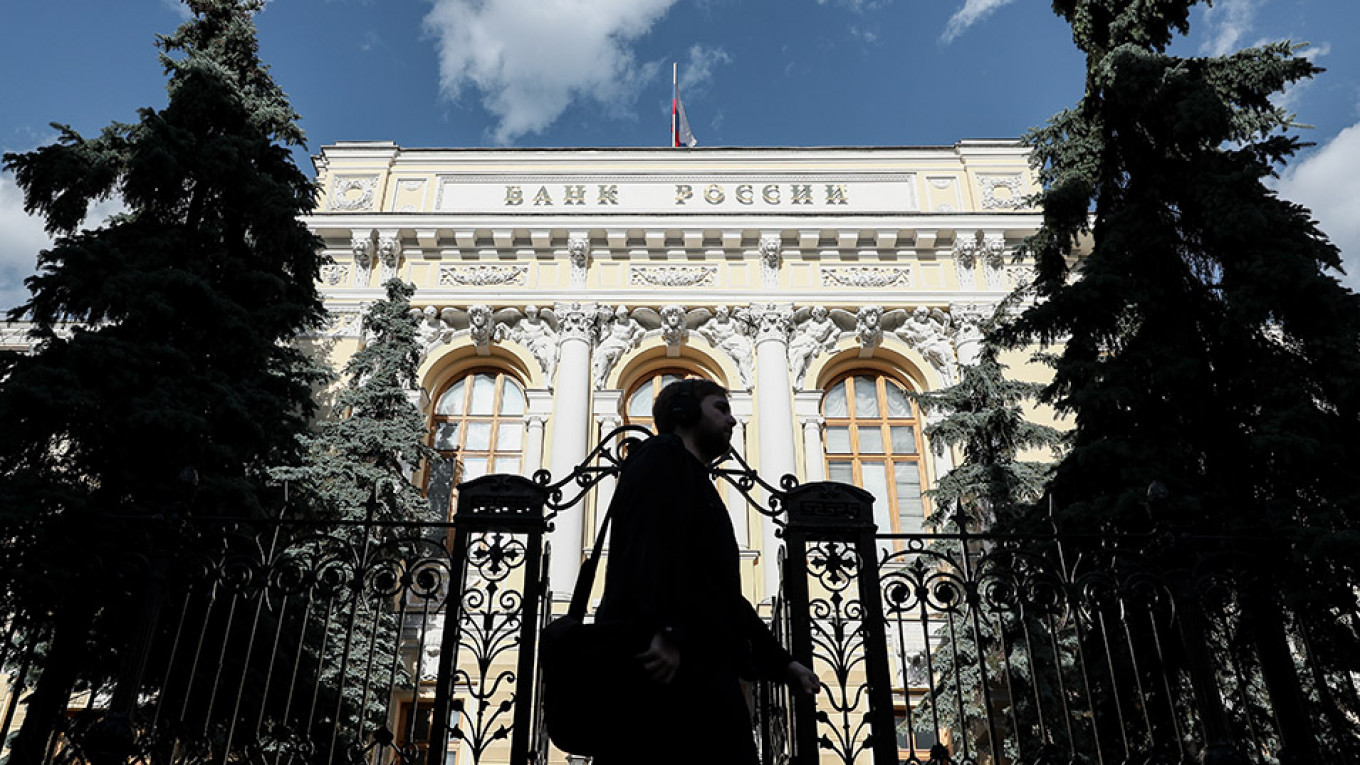
Russia’s Central Bank has cut interest rates for the sixth time in a row as it continues to respond to slower-than-expected inflation.
Russia’s key rate will fall to 6% on Monday from its current level of 6.25%, the Bank said Friday. The latest decision, taken at a meeting of the Bank’s governing board in Moscow, means rates have been cut on each of its last six meetings.
The Bank said it remained open to further cuts in future months in order to counter weak inflation, which came in at 2.4% in January — well below the Bank’s 4% target.
In its first decision of 2020, the Bank also commented on the health of the global economy in an official statement, saying: “Risks associated with trade disputes have somewhat abated. Nonetheless, the risk of a further slowdown in global economic growth persists, including under the influence of geopolitical factors, intensified volatility in global commodity and financial markets, which may affect the exchange rate and inflation expectations. The coronavirus situation will be an additional uncertainty factor over next quarters.”
The impact of both the interest rate cut and a recently announced government spending push “may be limited by the moderate sentiment of consumers and businesses,” it added.
The latest cut was the sixth consecutive reduction in interest rates, which have fallen from 7.75% to 6% over the past eight months, and was widely anticipated by analysts. Some economists still consider interest rates of 6% to be too tight to spur inflation at the moment. In a recent research note, VTB Capital’s Alexander Isakov estimated the “neutral rate” — the Goldilocks level where rates keep inflation steady and are neither contractionary or expansionary — to be 5.5%.
“Current inflation remains low, and the population’s inflation expectations are close to minimum levels. The negative external background due to the coronavirus in China did not have a significant impact on the ruble exchange rate, which means that the risk for an increase in inflation is insignificant,” said Gazprom Bank chief economist Sergei Konygin after the decision.
The ruble, which was already trading down 0.7% against the U.S. dollar, was unmoved by the news.
